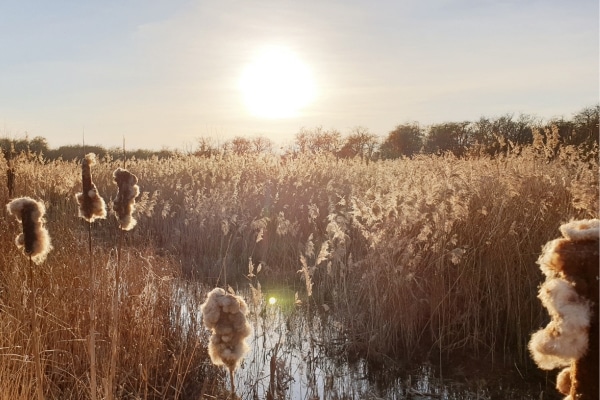
Celebrating World Wetlands Day 2024
To mark World Wetlands Day 2024, Sarah Pinnell explains what makes wetland habitats so special and highlights some of the work carried out to protect them.
Get information on the legal shooting season for mammals and birds in the UK.
Apply for funding for your project or make a donation today
Comprehensive information and advice from our specialist firearms team.
Everything you need to know about shotgun, rifle and airgun ammunition.
Find our up-to-date information, advice and links to government resources.
Everything you need to know on firearms law and licensing.
All the latest news and advice on general licences and how they affect you.


Last week the government rolled out a suite of animal welfare proposals, and today the focus is on ambitious plans for nature recovery in England.
The government has published action plans and funding commitments to plant more trees and to protect our precious peatlands.
Environment Secretary George Eustice has also announced that the government will use the Environment Bill to set legally-binding targets for nature recovery. Simultaneously, a Species Reintroduction Taskforce is being created to look into reintroducing species including wildcat and beaver to some parts of England.
Shooting makes a huge contribution to the well-being of the countryside and plays a key role in nature recovery, with an estimated £250 million spent annually on conservation work. This benefits some of our most vulnerable habitats and species.
In this blog we look at some the proposals announced today and their relevance to shooting.
The government wants to hit a target of 30,000 hectares of woodlands being created annually in the UK. To help achieve this, they have earmarked £500 million of a £640 million Nature for Climate Fund on trees and woodlands in England between 2020 and 2025.
To put that into context, shoots manage 500,000 hectares of woodland and 100,000 hectares of copses.
The management of new and existing woodlands requires the control of deer and grey squirrel numbers. The government’s trees action plan includes a commitment to develop a national deer management strategy and updating its Grey Squirrel Action Plan.
BASC promotes sustainable deer management across the UK by providing advice to members on habitat and species management, developing and supporting best practice and offering deer stalking opportunities. We responded to last year’s tree strategy consultation and we will play a key role in developing the deer management strategy.
Grey squirrels are estimated to cost the economy £37 million per year in negative impacts to our trees and woodland. As an executive board member of the UK Squirrel Accord, BASC has played an active role in the conservation project to add oral contraception to the range of management tools, such as humane lethal control, used in the fight against grey squirrels. We will be working with Defra to update the Grey Squirrel Action Plan.
Click here to download the England Trees Action Plan
The headline commitment in the England Peat Action Plan is an investment of over £50million to restore 35,000 hectares of peatland by 2025.
The action plan explicitly recognises the economic importance grouse moors and the need to consider this in any new proposals.
We share the government’s aims to restore peatlands and members of the Moorland Association have worked to achieve over 3,000 hectares of bare peat restoration across their grouse moors in the last ten years.
It is good to see a commitment to include wildfire risk assessments into agri-environment schemes. Private investment by the shooting community to block agricultural drains and plant up gullies has been ongoing. A firm promise of funding will be a real boost to those efforts.
The action plan commits the government to minimising wildfire hazards. BASC will continue to ensure that controlled burning of vegetation in the uplands remains permitted as an essential tool in wildfire management and mitigation.
BASC responded to last year’s peatland strategy consultation and our message was clear. The shooting community has been implementing the government’s objectives on moorland for generations.
We continue to provide solutions and should not be viewed as an obstacle in protecting and enhancing our peatlands. Shooting provides the knowledge, equipment, skills and private investment to deliver and we have an open-door policy to work with stakeholders and communities.
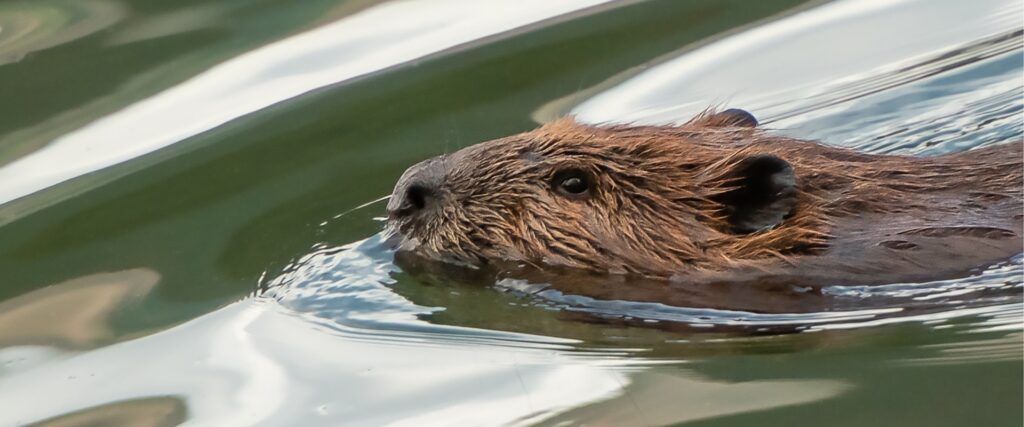
Amongst today’s announcements is the creation of a Species Reintroduction Taskforce.
The taskforce will be looking at the merits of reintroducing species to some parts of England, including wildcat, beaver, pine marten, dormice, corncrake, short-haired bumblebee and large blue butterfly. It will also work on habitat restoration and greening of urban spaces.
The shooting community has long been involved in a range of successful reintroductions and recolonisations. These have included grey partridge, water voles, red squirrels and ospreys.
Membership of the taskforce will include experts, landowners and NGOs, and BASC is seeking a place at the table.
Additionally, BASC will provide a detailed response to a consultation expected this summer on the government’s approach to species reintroductions and the management of beavers in the wild.
In his speech this afternoon at Delamere Forest in Cheshire, Environment Secretary George Eustice stressed that it was important to carry out reintroductions properly and fully take biodiversity, social and economic impacts into account. A reintroductions code of best practice guidance will be published in due course.
Click here for more information
Sustainable shooting inspires a deep respect for the countryside. Many of the most biodiverse landscapes in Britain were expressly created for shooting, and it is the continuing income from shooting that maintains them.
The government’s plans to give greater priority to nature and the environment are welcome, as long as recognition continues to be given to the vital the role of sustainable shooting in conservation.
Sustainable shooting means different things to each of us. However, the ethos is perhaps explained by the following quote attributed to King George VI: “the wildlife of today is not ours to dispose of as we please. We have it in trust. We must account for it to those who come after.”
Or, to put it in more modern terms, it’s about respect for quarry species and seeking to conserve and improve the environment.
It’s about avoiding excessive consumption and complying with the law.
Sustainable shooting also improves the health and well-being of participants and provides food and economic benefits to the wider community.
England will be the first country ever to put a deadline in law to halt nature’s decline, and, with its army of conservation volunteers the shooting community will help make those ambitions a success.
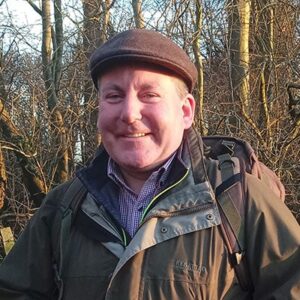

To mark World Wetlands Day 2024, Sarah Pinnell explains what makes wetland habitats so special and highlights some of the work carried out to protect them.
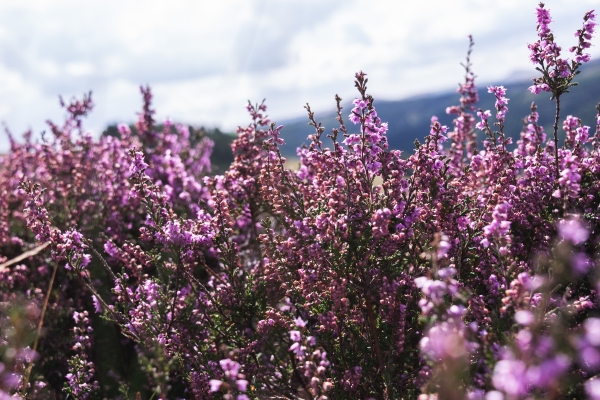
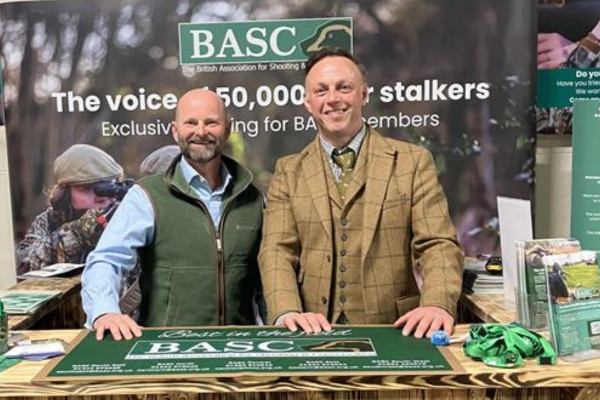
The Stalking Show 2025, sponsored by BASC, delivered an outstanding weekend focused on stalking and deer management.
Sign up to our weekly newsletter and get all the latest updates straight to your inbox.
© 2025 British Association for Shooting and Conservation. Registered Office: Marford Mill, Rossett, Wrexham, LL12 0HL – Registered Society No: 28488R. BASC is a trading name of the British Association for Shooting and Conservation Limited which is authorised and regulated by the Financial Conduct Authority (FCA) under firm reference number 311937.
BASC Direct Ltd is an Introducer Appointed Representative of Agria Pet Insurance Ltd who administer the insurance and is authorised and regulated by the Financial Conduct Authority, Financial Services Register Number 496160. Agria Pet Insurance is registered and incorporated in England and Wales with registered number 04258783. Registered office: First Floor, Blue Leanie, Walton Street, Aylesbury, Buckinghamshire, HP21 7QW. Agria insurance policies are underwritten by Agria Försäkring.
If you have any questions or complaints about your BASC membership insurance cover, please email us. More information about resolving complaints can be found on the FCA website or on the EU ODR platform.